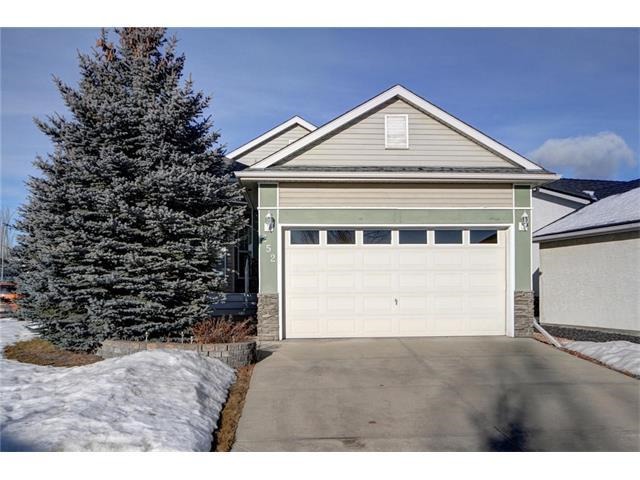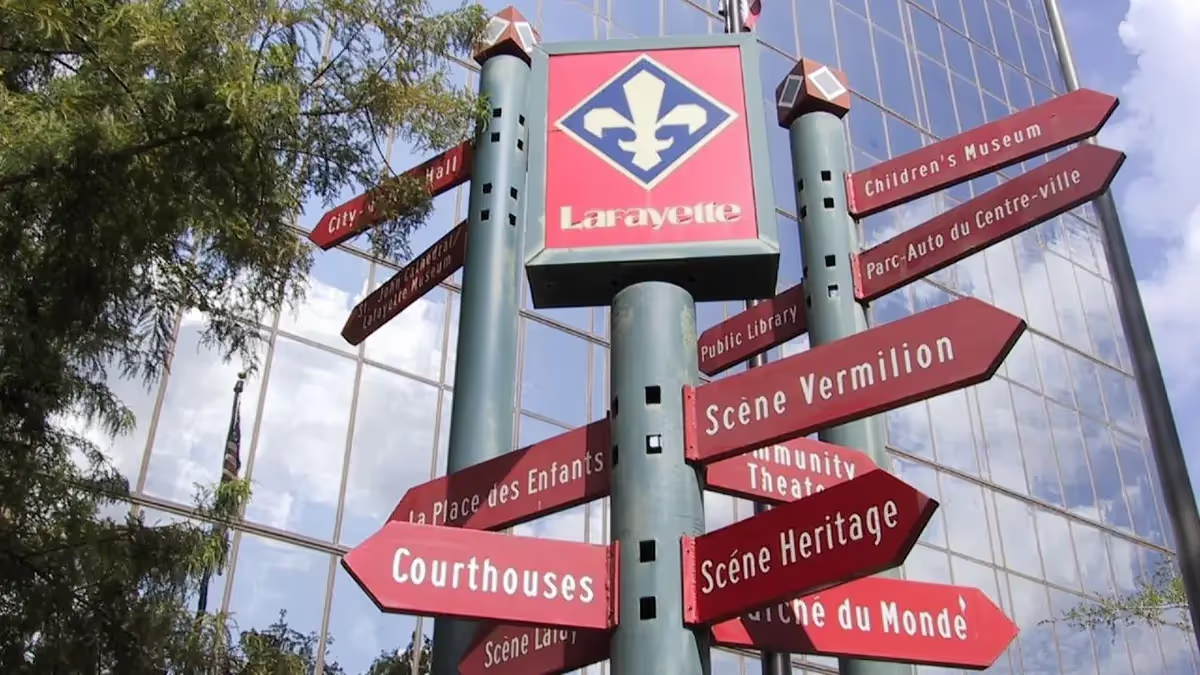Well, this should be interesting....
The extremely bad housing record of Canada's new housing minister
As Vancouver mayor, Gregor Robertson oversaw an explosion in unaffordability unlike any ever seen
When Gregor Robertson first became Vancouver mayor in 2008, he promised affordable housing, fewer drug overdoses, lower crime and a total end to homelessness by 2015.
All of those problems would become catastrophically worse under his watch. But given that Robertson was just appointed federal housing minister on Tuesday, it’s notable that his most iconic failure was on the issue of housing affordability.
On Robertson’s first day as mayor, the average detached Vancouver home cost the inflation adjusted equivalent of $942,000.
It was the most unaffordable jurisdiction in Canada, but Robertson took the helm of a city in which it was still technically feasible for average Vancouverites to own property.
According to RBC estimates from the time, the average Vancouver household could still feasibly purchase a townhouse, although it would consume 50 per cent of their income in mortgage costs.
When Robertson left the mayor’s office in 2018, the average cost of a detached house in Vancouver had doubled.
Adjusting for inflation, the benchmark house price on Robertson’s last day was $1.8 million. Across Robertson’s decade-long tenure, the average Vancouver house had surged in price by an average of $84,000 per year, or $230 every 24 hours.
Rents and condo prices had similarly attained record highs, to the point where the City of Vancouver was no longer just the most unaffordable jurisdiction in Canada; it was now one of the most unaffordable cities on earth.
According to a ranking at the time by the California-based Center for Demographics and Policy, Vancouver was now
second only to Hong Kong in terms of world cities where home ownership was most out of reach for locals.
As Vancouver mayor, Gregor Robertson oversaw an explosion in unaffordability unlike any ever seen

nationalpost.com







